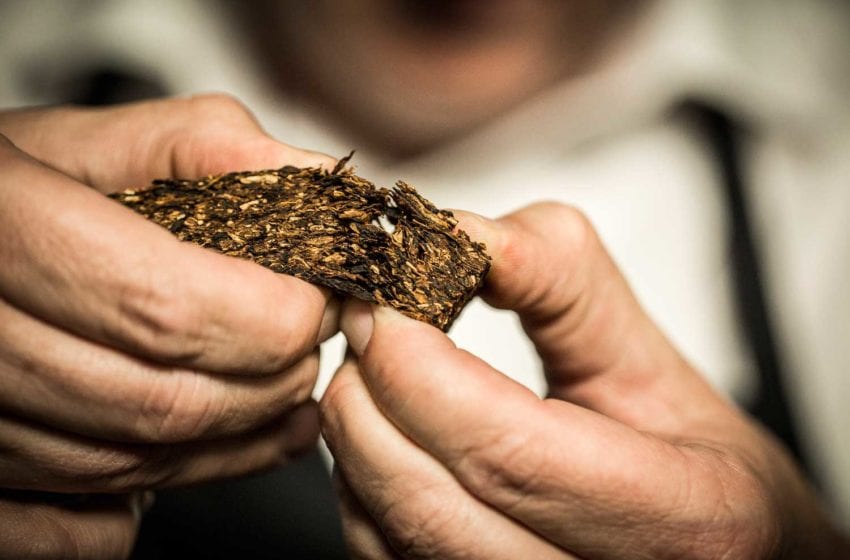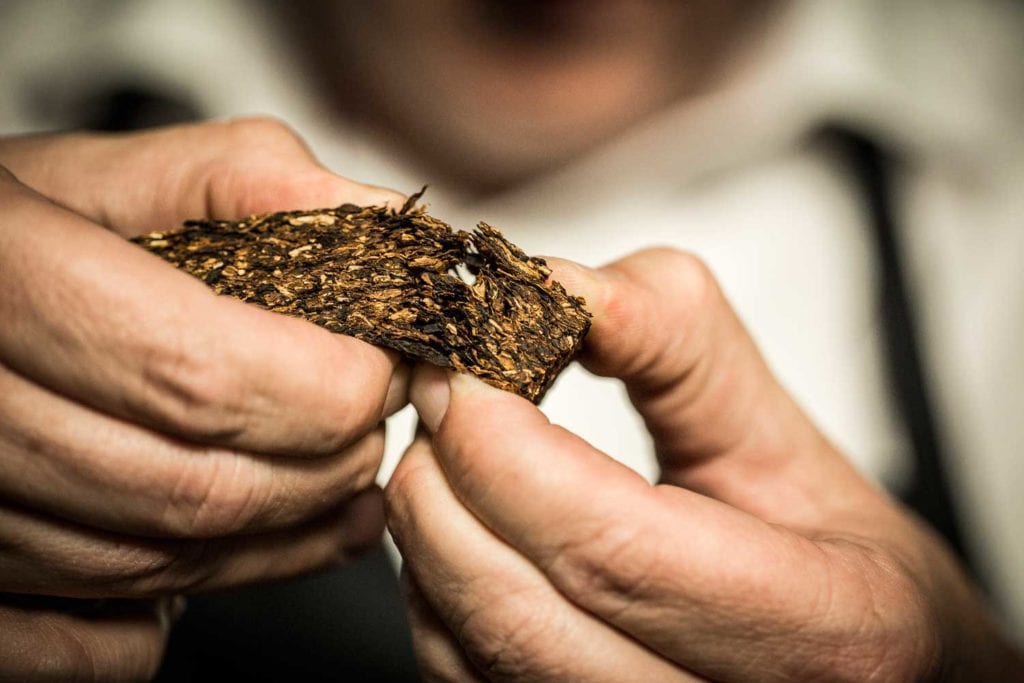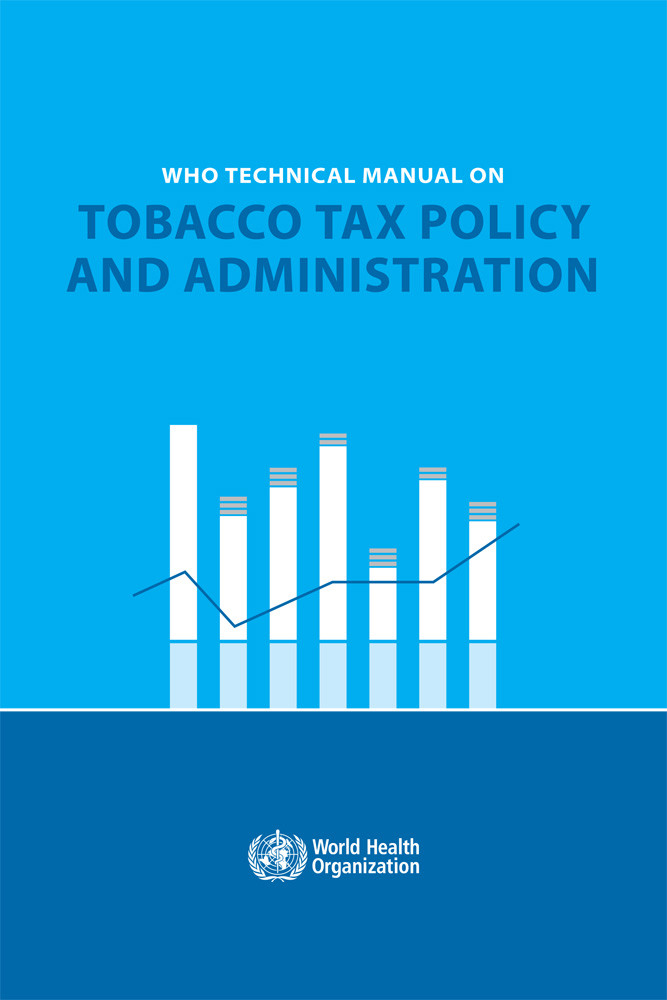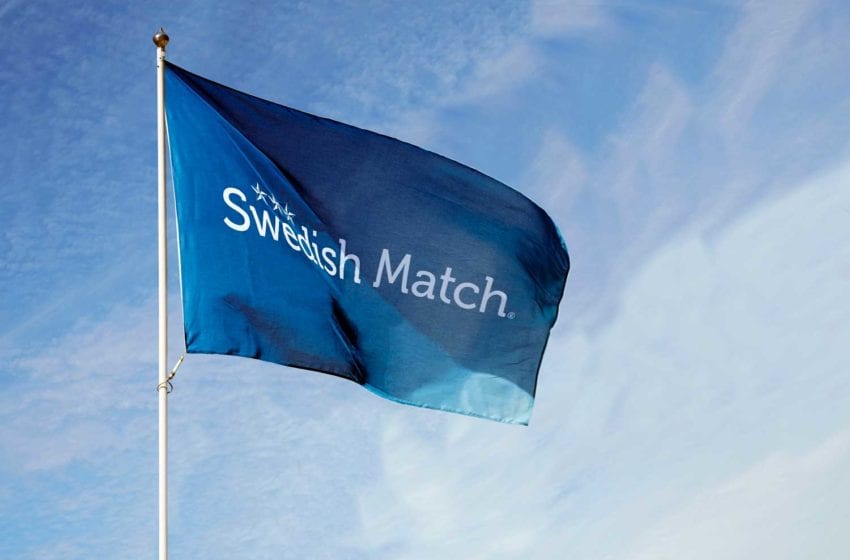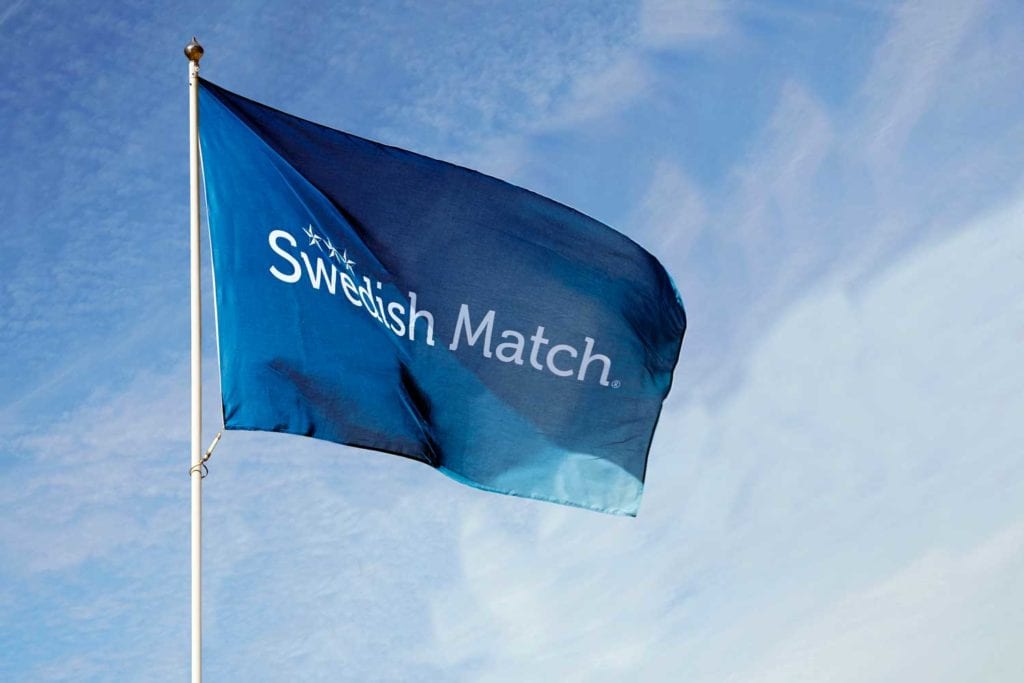
The Duty Free World Council (DFWC) is fighting suggestions that the duty-free industry is involved in the illicit trade of tobacco, reports The Moodie Davitt Report.
Parties to the World Health Organization Framework Convention on Tobacco Control are due to discuss the global health body’s Illicit Trade Protocol (ITP) when they convene in The Hague in November. Article 13.2 of the ITP calls for an evidence-based study “to assess the extent to which duty free contributes to the illicit trade.”
DFWC President Sarah Branquinho said that the duty-free industry has a long history of working closely with customs and enforcement bodies to eradicate problems such as illicit trade, smuggling and counterfeiting and must be given the opportunity to cooperate and contribute further.
“There can be no justification for penalizing legitimate, law-abiding businesses under a pretext of controlling illicit trade,” said Branquinho during a briefing to the travel retail trade. “We are one of the most regulated sectors in the world.”
There can be no justification for penalizing legitimate, law-abiding businesses under a pretext of controlling illicit trade.
Sarah Branquinho, president, DFWC
Branquinho noted that duty-free retailers face substantial penalties from customs authorities “even if there’s the slightest discrepancy in stock reconciliation procedures … we have every incentive ourselves as retailers to ensure that there are no discrepancies,” she said.
Branquinho further emphasized that the duty-free industry fully supports the implementation of the provisions of the ITP. These include the establishment of licensing, due diligence, establishment of a tracking and tracing system, requirement of record keeping and security and preventive measures.
The duty-free category was worth more than $7.4 billion in 2019.


